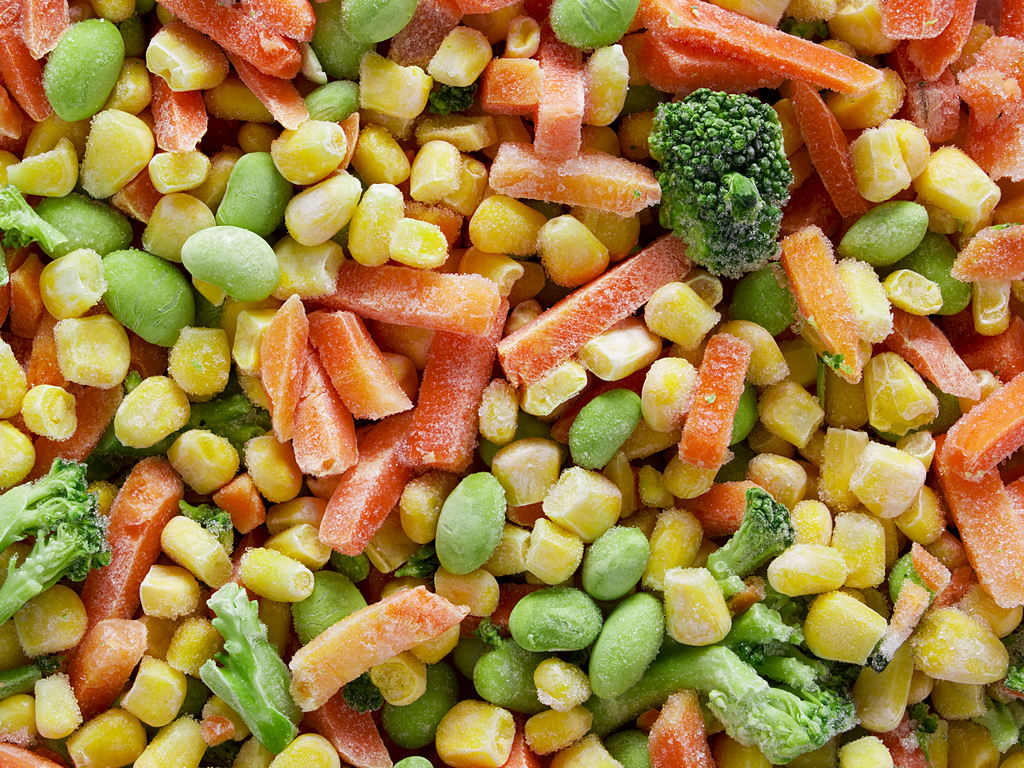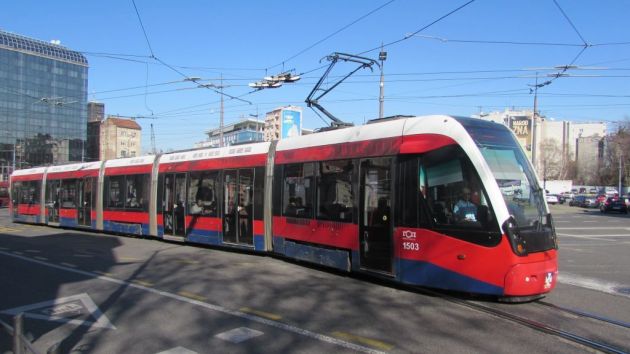Croatia blocking goods from Serbia by raising fees – More stringent control of fruit and vegetable import from third countries

The new fees are 22 times higher than those that were in effect until now – instead of HRK 90 (EUR 12), they now stand at HRK 2,000 (EUR 270). It is clear what kind of impact these new measures will have on the countries from the region which are not members of the European Union, above all Serbia, Macedonia and Bosnia and Herzegovina, as the expanded list includes practically all fruits and vegetables produced in this area and exported from Serbia.
As the explanation of this decision says, they are fed up with obeying the EU's demands and withholding from protecting their peasants, Politika writes.
As the newspaper reports, those who import fruits and vegetables from, say, Serbia or Macedonia, will have to increase the prices, which will give local goods a competitive advantage. The import from the EU is outside their influence, which is not the case with the import from third countries, said the president of the Chamber of Commerce of Croatia, commenting on the new regulation of the country's Ministry of Agriculture, the Belgrade newspaper writes.
As Politika learns, Croatia's move will not remain unanswered. Serbia's maneuvering space has been narrowed down, as no decision Serbia could make could concern Croatia alone, but would pertain to trade with the European Union as a whole. However, as Politika learns unofficially, Serbia's answer might be to, for example, "implement a more detailed control of the trucks coming from Croatia", which would send a clear message to the country to stop with this kind of practice.
According to the Chamber of Commerce of Serbia, Serbia exported EUR 116 million worth of goods to Croatia in 2016, whereas the imports from Croatia amounted to EUR 79 million. The exports are dominated by oil and oil plants, frozen fruits and vegetables, excise goods, drinks and tobacco.
Serbia to ask EC to re-examine Croatia's decision
Serbia will ask the European Commission to have Croatia's decision on non-customs barriers for import of agricultural products from Serbia and other countries outside the EU re-examined, Minister of Trade Rasim Ljajic stated today.
He said for Beta that, with this decision, Croatia was violating the Stabilization and Association Agreement between Serbia and the EU.
– This is obviously a flagrant violation of the Stabilization and Association Agreement between Serbia and the European Union, namely, Article 36, Paragraph 1, which says that no new customs duties or fees having the same effect shall be implemented from the date of the coming into effect of the Agreement, nor shall those already implemented be increased – Ljajic said.
He announced that Serbia would also contact the countries of the region impacted by the new Croatian measures to the end of taking a joint position in front of the EC in order to protect their economic interests.
 Ministarstvo turizma i omladine Republike Srbije
Ministarstvo turizma i omladine Republike Srbije
 Hrvatski sabor Zagreb
Hrvatski sabor Zagreb
 Ministarstvo poljoprivrede RH Zagreb
Ministarstvo poljoprivrede RH Zagreb
 Vlada Republike Hrvatske
Vlada Republike Hrvatske
Most Important News
06.04.2024. | Agriculture
Preconditions for Placement of Fresh Blueberries and Dried Plums in Chinese Market Secured

16.04.2024. | News
Jovan Ciric, Leasing Director Retail MPC Properties – MPC Echo symbolizes our desire for good ideas and innovative endeavors to spread freely and bring about positive changes

16.04.2024. | News
10.04.2024. | Finance, IT, Telecommunications, Tourism, Sports, Culture
Creative Industry – What This Serbian Economy Sector Worth EUR 2 Billion Encompasses

10.04.2024. | Finance, IT, Telecommunications, Tourism, Sports, Culture
18.04.2024. | Industry, Finance
Here come the new hunters for Serbian gold – Australian Strickland Metals buys mining project on mountain Rogozna

18.04.2024. | Industry, Finance
16.04.2024. | News
Economy Fair in Mostar opens – 26 companies from Serbia exhibiting

16.04.2024. | News
18.04.2024. | Transport
Jovanovic: Purchase of Siemens trams produced in Kragujevac for GSP Beograd should be considered

18.04.2024. | Transport


 Izdanje Srbija
Izdanje Srbija Serbische Ausgabe
Serbische Ausgabe Izdanje BiH
Izdanje BiH Izdanje Crna Gora
Izdanje Crna Gora


 News
News







